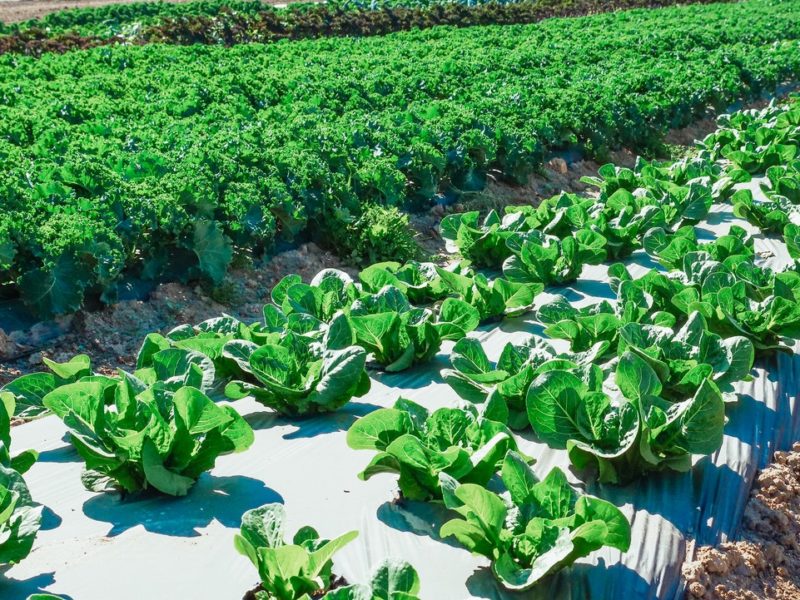Looking into organic food, there are arguments on nutrition that support both sides. Both can be nutritious. Arguments are made that organic taste better. Okay, maybe, but I am more interested in which is better for my health. I’m still asking are organic foods healthier?
One of the standards for being called organic is that no synthetic chemicals are used in the growing process. They are not grown without fertilizers, herbicides or pesticides. Unfortunately, the soil depletion from the way we grow crops leaves no option but to fertilize. If the plant is going to yield any nutrition in the fruit, there must be fertilizer since that plant is not going to get nutrition from the soil. And of course, organic fields still have weeds and pests to contend with.
According to the USDA organic standards, animals for slaughter can be bred from animals not on an organic feeding regime. Dairy animals only have to be managed organically for 12 months before being called organic. So there are still some practices that are questionable in the labeling of organic foods.
The government regulates organic produce stringently ands a result, it is costly to get the “organic” label. The question is, how much better is organic with the issue of soil depletion and the cross over of still using conventional methods, but just not outside of a prescribed timeframe as with the animal guidelines.
Are organic foods healthier may be answered here
One reason to buy organic, even if all else were equal, is with the organic label you know there are no GMO’s, no ionizing radiation, and no sewage sludge used. I’m grateful for the lack of sewage sludge, didn’t know it could be used for my apple a day to keep the doctor away, but how does it get in to the field anyway? I don’t mean to be negative about organic labeling, it does seem to be produced better in some ways than conventional, but is the price difference always worth it? That’s for each of us to judge.
When it comes to going to a farmers market, buying local could be the way to go. Ask how they farm. They may very well be using organic techniques, but just don’t have the label. Which can be kind of a win-win since they don’t need to pass the extra expense of labeling costs on to you. Plus, being local, the produce can stay on the vine just a little longer since there is no shipping distance to account for. This means the plant can provide nutrition for just a little longer to the produce.
What sounds even better, but is another method we will not be delving in to yet here, is organic regenerative agricultural methods. This method focuses on having good soil to start with. Kinda like it used to be about a hundred years ago. But that would be years down the road and potentially another expensive government certification when it does become a viable mass production alternative.
In the mean time
Until then, we can do our best with the information we have, and adding new information as it becomes available to us, to find the best food for our health. For me, even if the nutrition of organic and conventionally produced food is the same, to answer the question are organic foods healthier, I would go with organic is healthier simply because non-GMO foods are prohibited from organic labeling. We just don’t know yet what kind of effect GMO’s have on our health in the long term. And of course ionizing radiation and sewage sludge are not particularly healthy.
Maybe it’s time for everyone to consider starting a garden.
P.S. If you’re wondering about GMO’s you can check out my article GMO v. Non-GMO Foods


 GMO v. Non-GMO Foods
GMO v. Non-GMO Foods